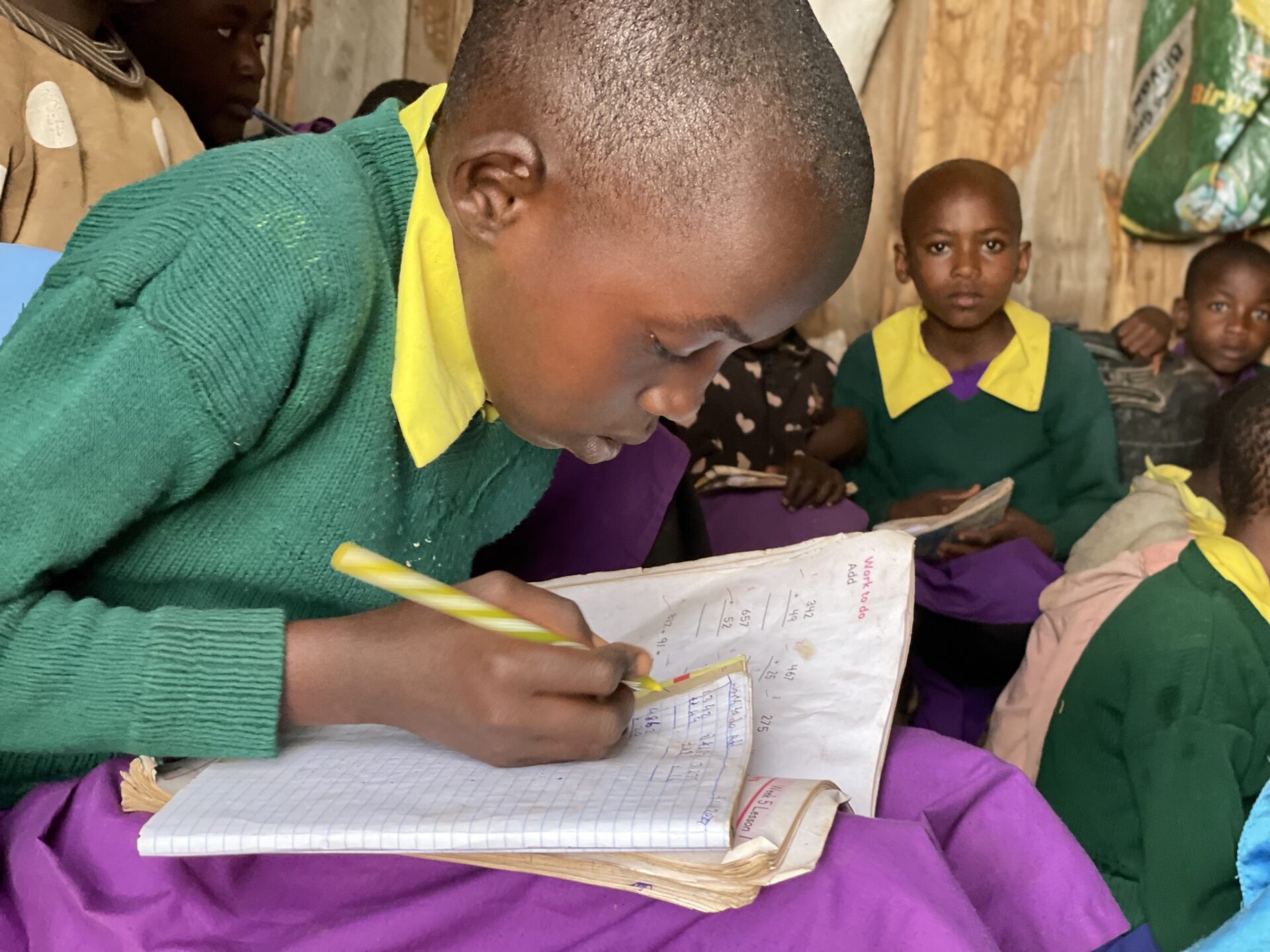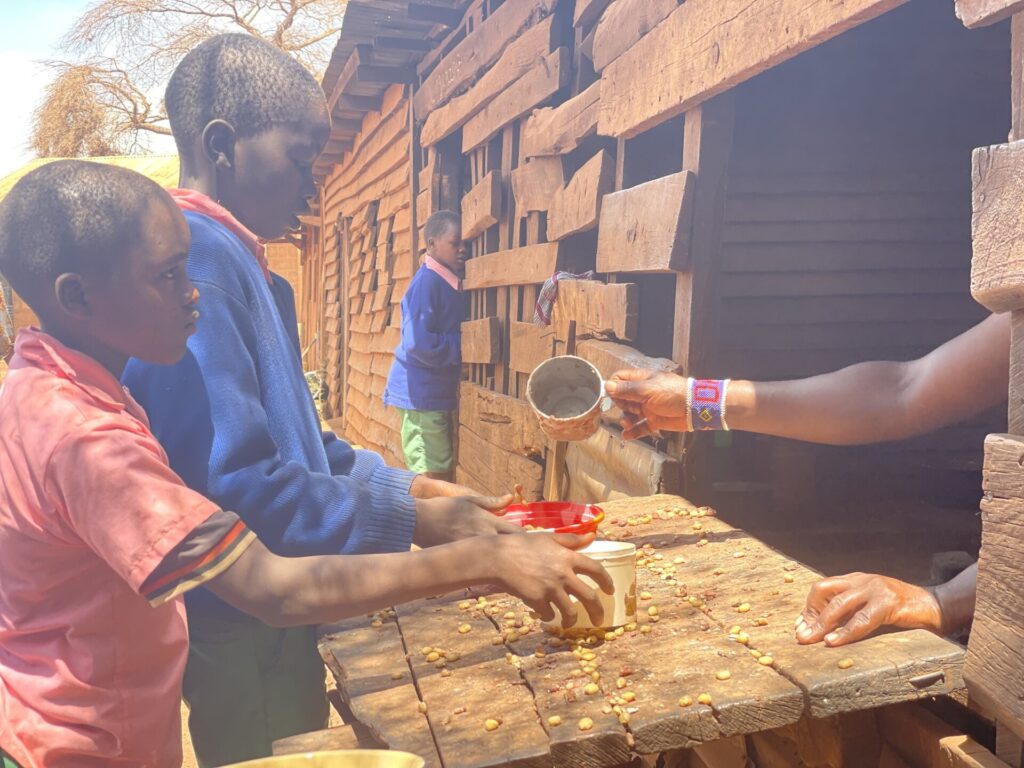Our communities are realizing the importance of education through the transformative change that is happening where children complete their education and have careers that give back to society.


Interview with Jackline Mbaire
Kiswahili Language Teacher
Chyulu Hills, Kenya
Q: Can you tell us about the challenges of access to education in your community?
A: There are many challenges of access to education in my community, one major one being the lack of enough teachers through government funding. The REDD+ Carbon project and its partners have improved the student-teacher ratio by employing more teachers such as myself, which has made a big difference in providing quality education to students living in the project area.
Another challenge our community faces is school dropouts due to economic hardships where parents cannot afford to take their children to school. Marginalized areas where children walk for long distances to access school is another challenge. To avoid human-wildlife conflict, children have to wake up extremely early in the morning to walk to school safely.
We also have a challenge with drought, as pastoralists migrate from one area to another in search of pasture. This leads to children missing school, especially young boys as they migrate with livestock and return when the rains are back. The drought has also caused children to miss out on school due to a lack of food both at their homesteads and at school.
Q: What role does the REDD+ project play in helping students attend school?

The Chyulu Hills REDD+ Carbon Project has been very keen on the education sector to improve the quality and access to education in our communities. In the ongoing drought, the project has sustained the children in schools by a feeding program that has helped in keeping all the children in school.
The project has also improved infrastructure and learning conditions through the construction of classrooms, teachers’ quarters, latrines, improved lighting, etc. It has employed teachers, provided bursaries for students in need as well as provided sustainable menstrual solutions for girls and sexual health awareness for boys and girls to increase awareness on the matter of reducing early teenage pregnancies.
Q: Why do you think this is important?
A: I think this is important because, in marginalized communities like the one that I come from, the community is realizing the importance of education through the transformative change that is happening where children complete their education and have careers that give back to society. Programs that help keep girls in schools help parents realize girls should have an education rather than early marriage. Additionally, the project has helped reduce the economic burden experienced by parents during drought seasons. Since 2018 we have seen a significant improvement in the transition of learners from primary to secondary level.
Q: What is your hope for the youth in your community?
A: I hope that we will have more educated youth as parents have started embracing education, children love being in school, and teachers are motivated because of the support from the Carbon project. With regular outreaches and awareness of the environment through the project, I hope there will be a behaviour change where youth will be more conscious of their environment and feel motivated to take care of it.
